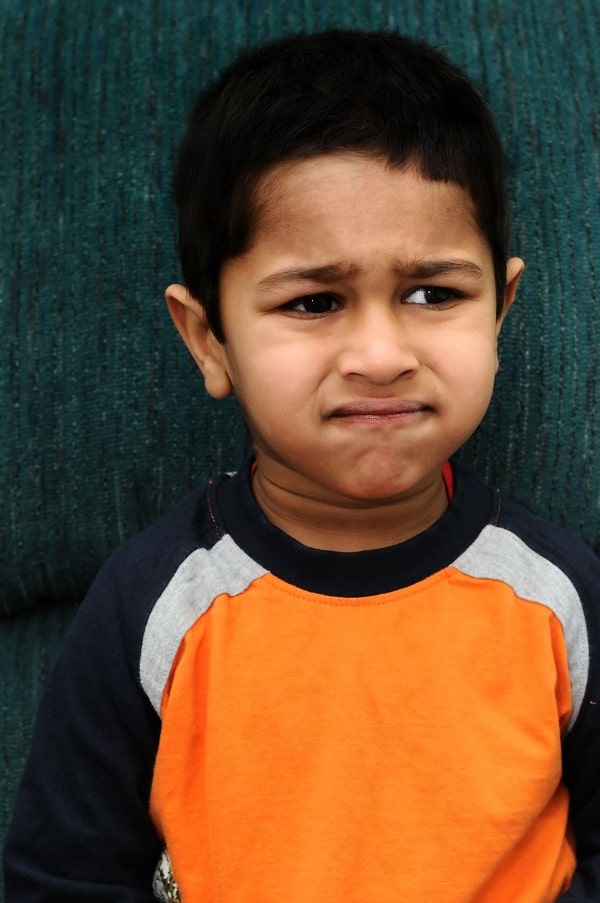 According to the Encyclopedia of Children’s Health, “personality is what makes a person a unique person, and it is recognizable soon after birth. A child’s personality has several components: temperament, environment, and character.” Although personality is speculated to continue to develop throughout several stages from infancy to adolescence, research has identified three personality types that may be displayed very early in life – as young as preschool – and persist throughout adulthood. In addition, some speculate that these different personality types lead to different outcomes in various areas such as school, socialization, behavior, and self-esteem.
According to the Encyclopedia of Children’s Health, “personality is what makes a person a unique person, and it is recognizable soon after birth. A child’s personality has several components: temperament, environment, and character.” Although personality is speculated to continue to develop throughout several stages from infancy to adolescence, research has identified three personality types that may be displayed very early in life – as young as preschool – and persist throughout adulthood. In addition, some speculate that these different personality types lead to different outcomes in various areas such as school, socialization, behavior, and self-esteem.
What are these three personality types? And which one might describe my child?
The three personality types with their associated traits are as follows:
Resilient:
- Extraverted
- Conscientious
- Good at modulating emotions
- Bounce back from adversity
- Self-confident
- Positive orientation towards others
Overcontrolled:
- Shy
- Self-conscious
- Uncomfortable around strangers
- Low receptivity and openness to try new things and constructive feedback from others
- Low flexibility
- Inhibited emotional expression and low emotional awareness
- Low connectedness with others
- Perfectionistic
Undercontrolled:
- Disagreeable
- Lack self-control
- Low conscientiousness
- Low impulse control
- Emotionally dysregulated
- Aggressive
What are the outcomes seen in children with these different personality types?
| Resilient | Overcontrolled | Undercontrolled | |
| Intelligence | High | Medium | Low |
| Academic performance | High | Medium | Low |
| Positive school behavior | High | High | Low |
| Internalizing problems | Low | High | Medium |
| Externalizing problems | Low | Low | High |
| Loneliness | Low | High | Low |
| Delinquency | Low | Low | High |
In addition to these outcomes, additional research by Jaap Dennissen, a professor of psychology at Humboldt University in Berlin, Germany, found that both undercontrollers and overcontrollers took longer to move into adult roles, such as leaving home, developing a romantic relationship, and starting a career. This was believed to be due to a social adeptness that is required to accomplish these things, which under- and overcontrollers may take longer to develop.
If my child seems to be an under- or overcontroller is there anything that can be done to help?
According to Daniel Hart, a professor of psychology and director of the Center for Children and Childhood Studies at Rutgers University, “Parents should understand that just because kids start out over- or undercontrolling doesn’t mean they can’t succeed in life.”
For overcontrollers, additional supports can focus on the following:
- Developing age-appropriate social skills
- Identifying and expressing feelings instead of internalizing them
- Becoming more flexible in trying new things and being open to feedback
- Tolerating mistakes
- Increasing self-confidence
For undercontrollers, additional supports can focus on:
- Increasing emotional and behavioral regulation through the use of learning more appropriate ways to express feelings
- Helping supportive adults develop good strategies in dealing with both positive and negative behaviors.
- Increasing perspective taking abilities and empathy for others.
- Teaching conflict resolution skills
Who can help my child these things?
The aforementioned supports can be provided by a variety of people such as parents and teachers, but if you become concerned that your child is not making progress in these areas, he or she may benefit from individual, family and/or group therapy services provided by a trained clinician. Social workers and psychologists have received specific training in different strategies that help children work on these things and they can also guide you in how to best support your child at home and in the community.
Resources used for this blog:
https://www.healthofchildren.com/P/Personality-Development.html
https://www.psychologytoday.com/us/blog/pieces-mind/201801/working-toward-psychological-health





